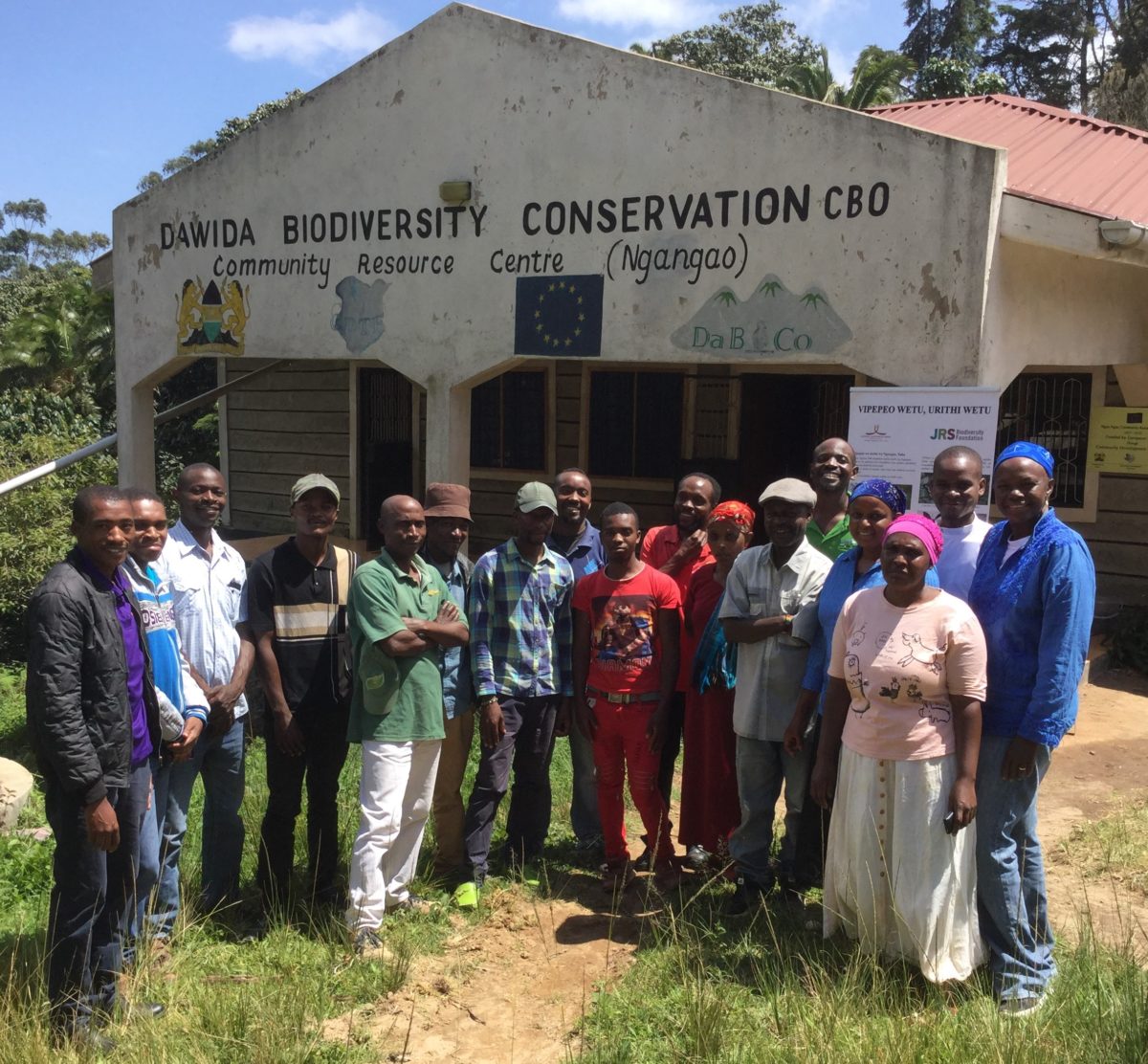The National Museums of Kenya (NMK), along with partners National Museum of Tanzania and Makerere University in Uganda, are extending their work to close the knowledge gap for moths and butterflies (Insect order Lepidoptera) in East Africa. Lepidoptera and other wild insects contribute significantly to agricultural production and maintenance of natural ecosystems, yet nearly all available studies on insect pollination in Africa are focused solely on bees, particularly honeybees. Recent studies in Europe and America have shown declines in wild pollinator abundance and diversity, suggesting East Africa might face similar conservation concerns.
In 2016, JRS awarded $264,200 to NMK to assess Lepidoptera pollinator species diversity data in East Africa. Led by Dr. Esther Kioko at NMK, this project has increased the size of reference collections at the three participating institutions and mobilized occurrence data on the Global Biodiversity Information Facility (GBIF) for all types of data users and stakeholders. Capacity building and outreach efforts have also been successful, with three MSc students and over 250 others receiving biodiversity informatics training.
Although NMK has made significant strides, JRS’ follow-on funding of $50,000 will close the remaining knowledge gaps and focus on outreach and capacity building. Specifically, NMK aims to raise awareness about the importance of Lepidoptera with the general public and raise awareness about the newly mobilized data with potential end users. Capacity building efforts will include the training and support of two more MSc students, one in Kenya and one in Tanzania. This project also aims to secure continued support and funding for the conservation of insect pollinator species and their habitats by the end of this 12-month period.

